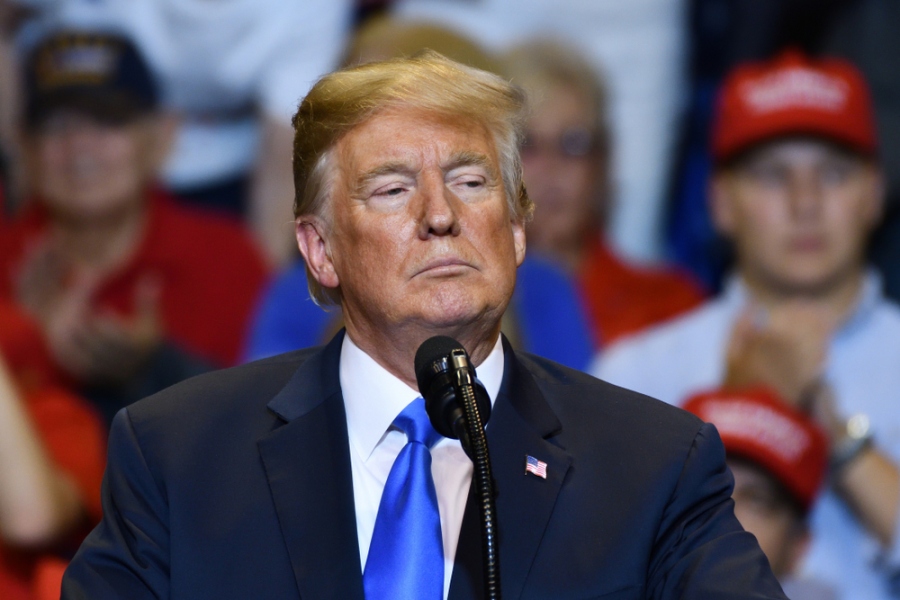Earlier this year, Donald Trump mocked Democrats’ attempts to force him to publish his tax returns. In 40 years, he is the first US president to refuse to release them.
“Donald Trump was (and is) the only major party presidential nominee since Watergate to never release any past tax returns. He is also the only president to refuse to release even a year of past returns,” declared CNN editor-at-large, Chris Cillizza.
“So, why? Why never release any tax returns during the course of the campaign? Why offer a variety of shifting explanations – under audit, too complex, no one cares – for why you aren’t releasing them? And why carry the fight possibly all the way to the nation’s highest court?” he added.
It’s true that in Donald Trump’s view, not publishing his tax returns wasn’t an issue during the last campaign, so why should it matter now? He also considers that American citizens do not really care about this issue and has made it clear that he will not provide the requested documents.
Trump has also explained that he can’t release his tax returns because he is been audited. “I want to file it except for many years, I’ve been audited every year. Twelve years or something like that. Every year they audit me, audit me, audit me… I will absolutely give my return but I’m being audited now for two or three [years] now so I can’t,” he said.
Is he less rich than he claims? Has he paid enough taxes? What about his charitable organization? Not releasing his tax returns appears to go against the principle of transparency that he advocates. However, even by releasing them, it is still unclear how much people will learn from them. The documents would show how much money he makes or loses every year but would not provide a full picture of the sources of his wealth.
Market participants should keep a close eye on this situation, as any developments could affect the way the largest economy in the world is governed. Will Trump have to show his tax returns in the end? What will they reveal?
The financial markets are strongly impacted by any political, economic and financial news which causes uncertainty or creates tensions. The Forex market is particularly sensitive to political and geopolitical issues, as well as monetary policy changes, especially related to the EUR/USD currency pair. For this reason, if you decide to trade in EUR/USD, you should keep an eye on the economic calendar, as well as on political situations in the United States and in the most competitive countries in Europe. Trade tensions, strikes and political turmoil can all lead to significant volatility.



